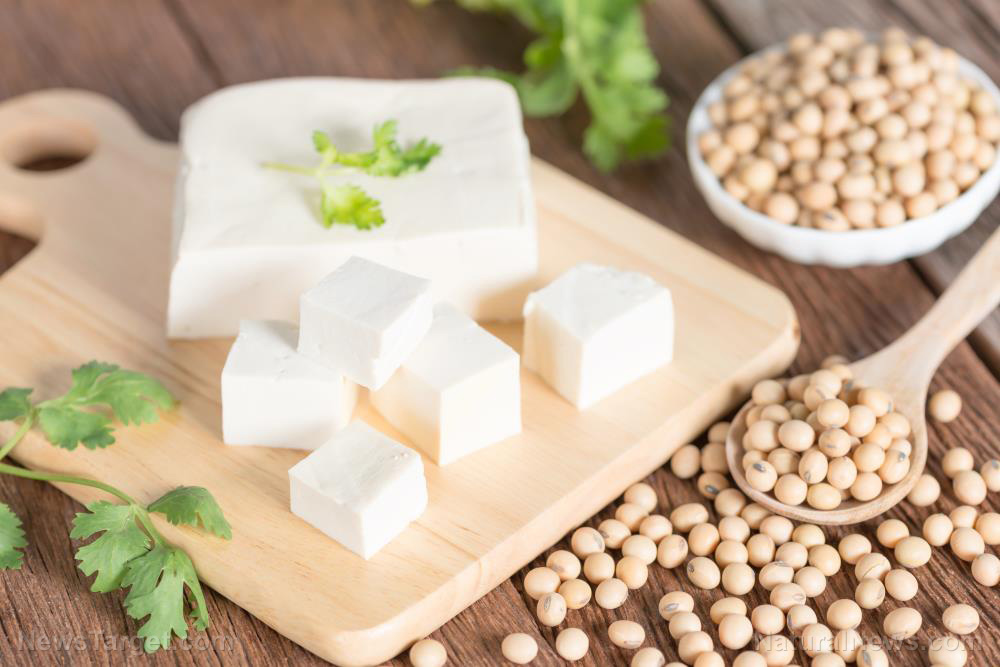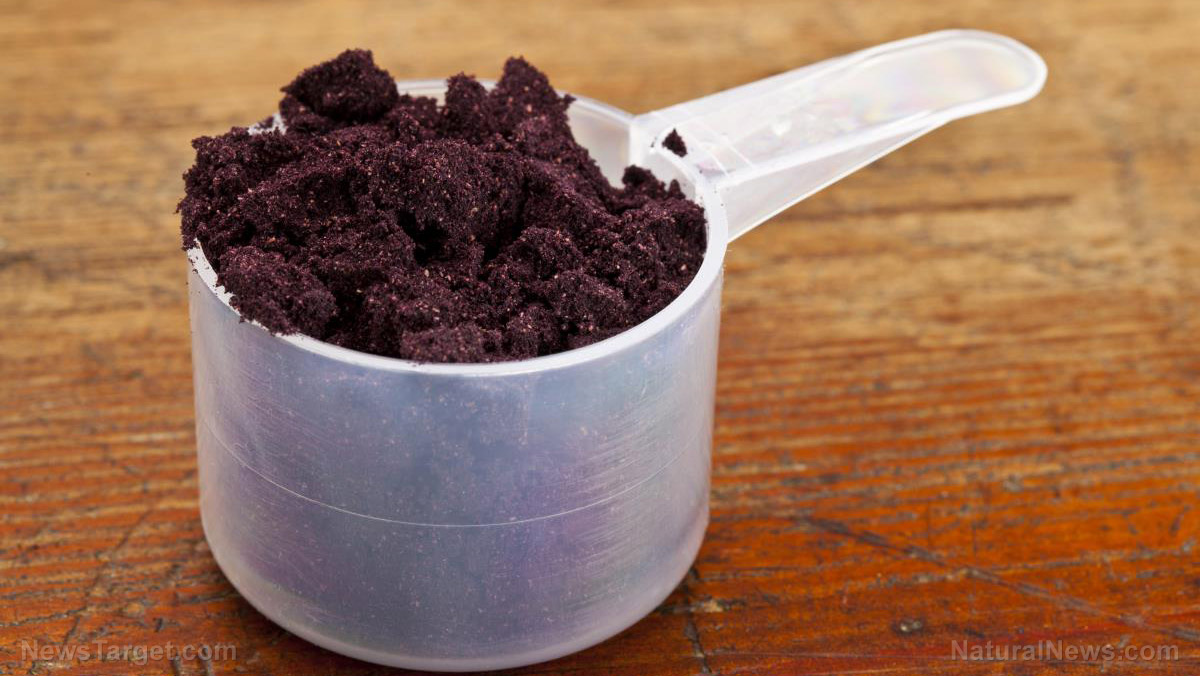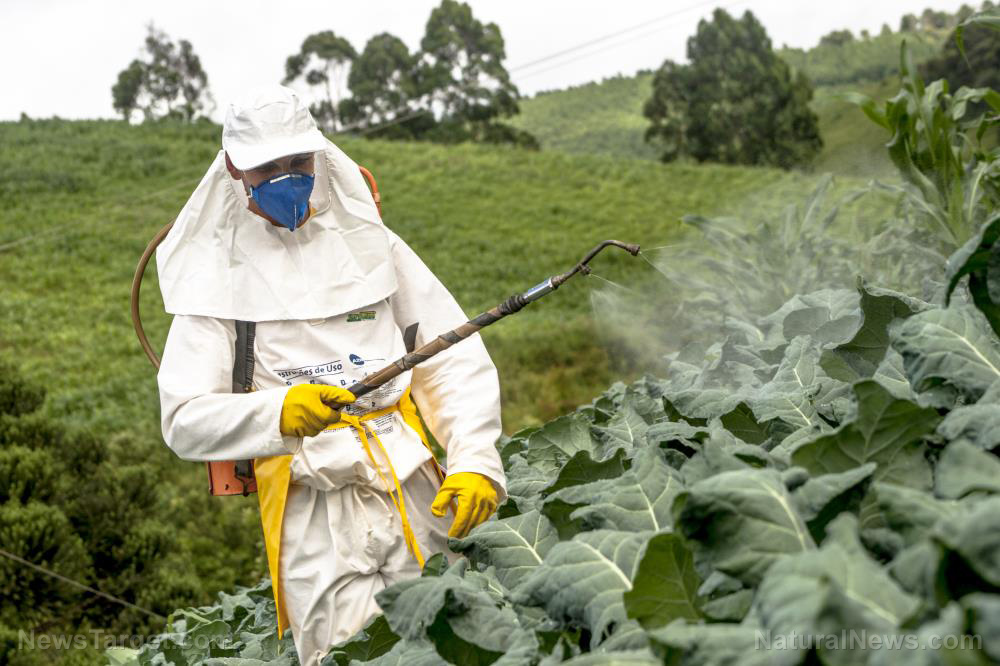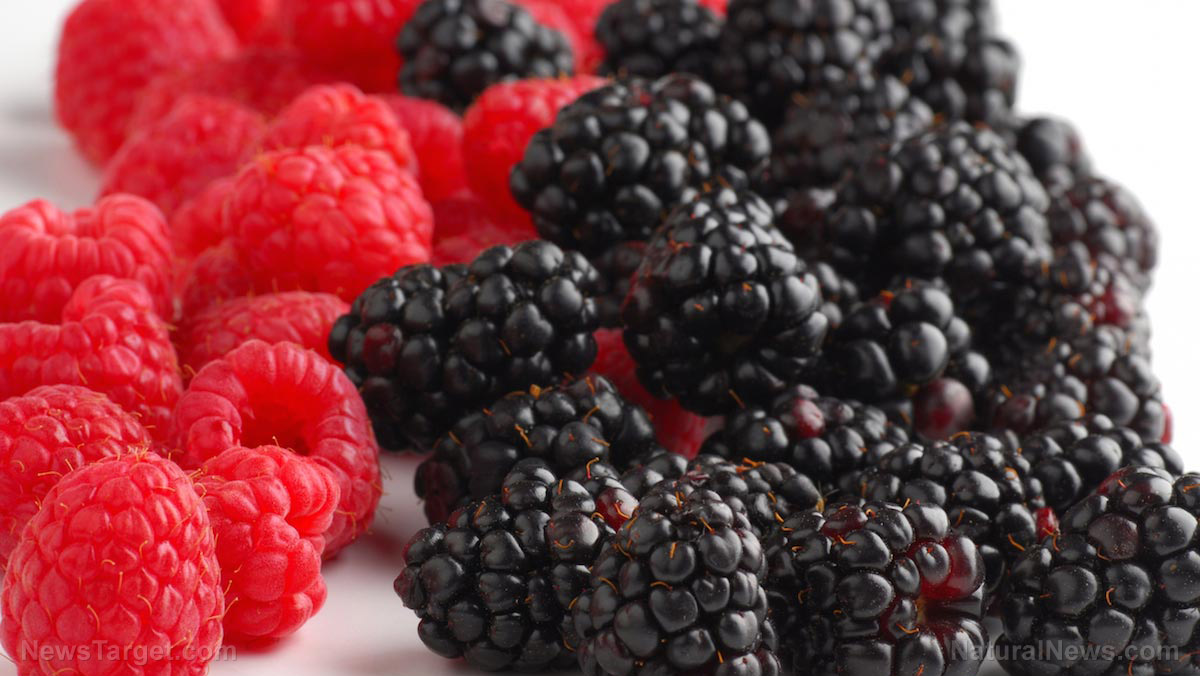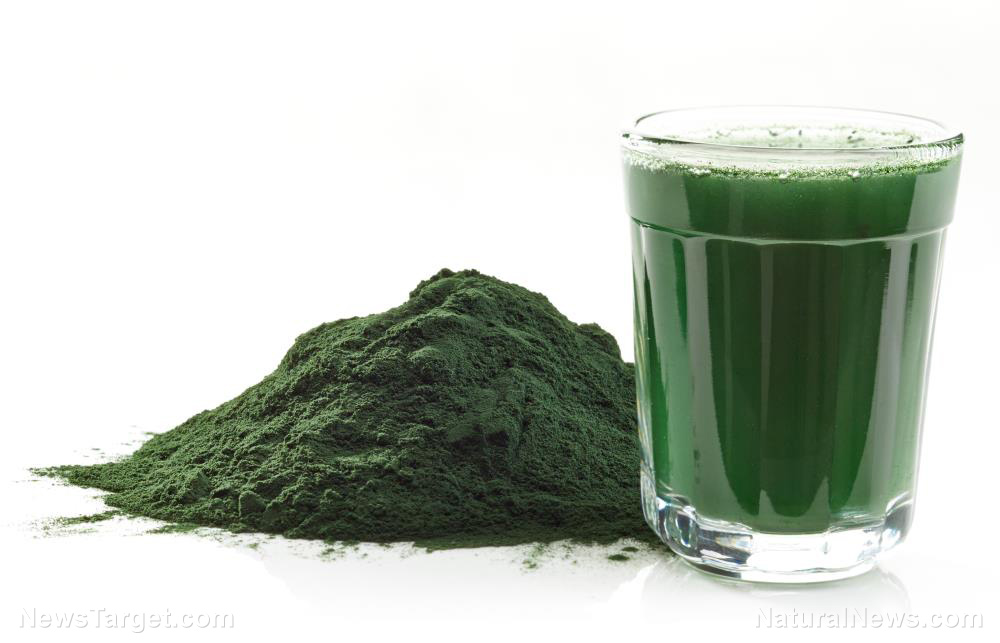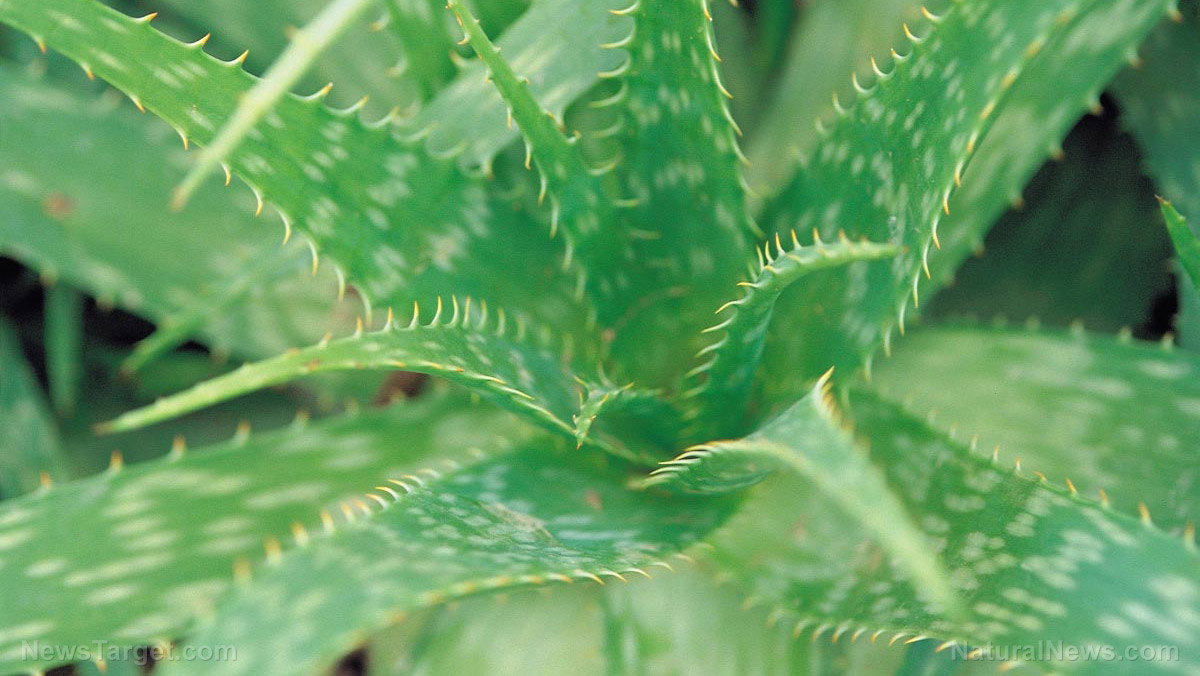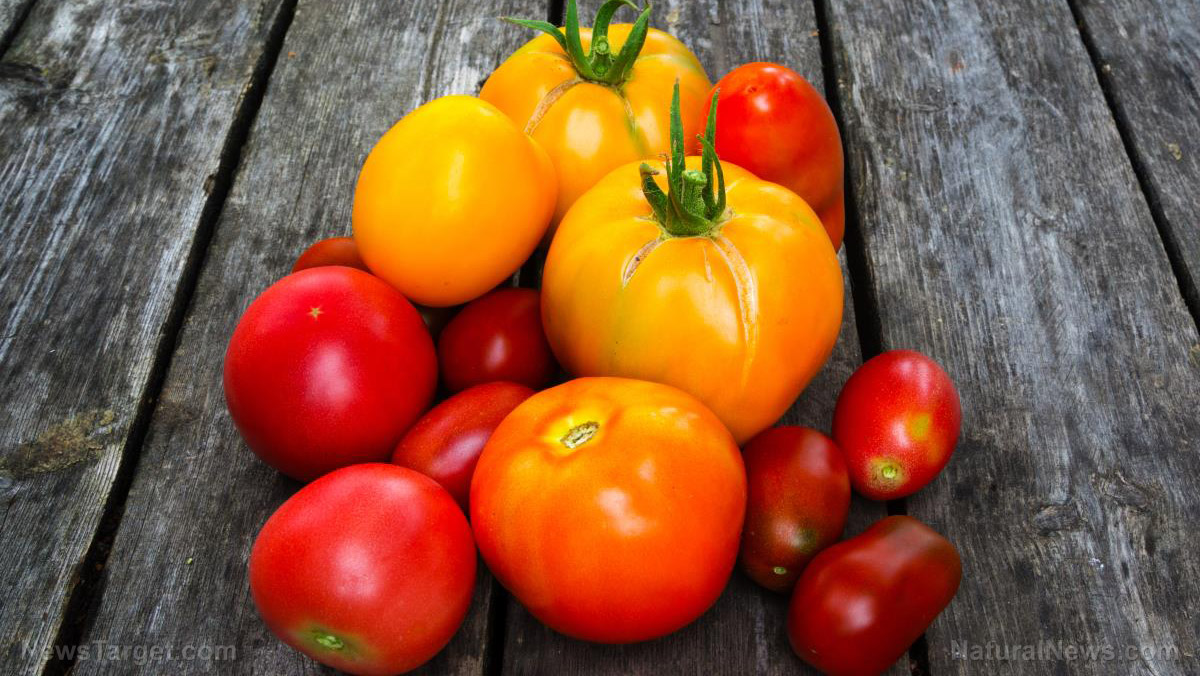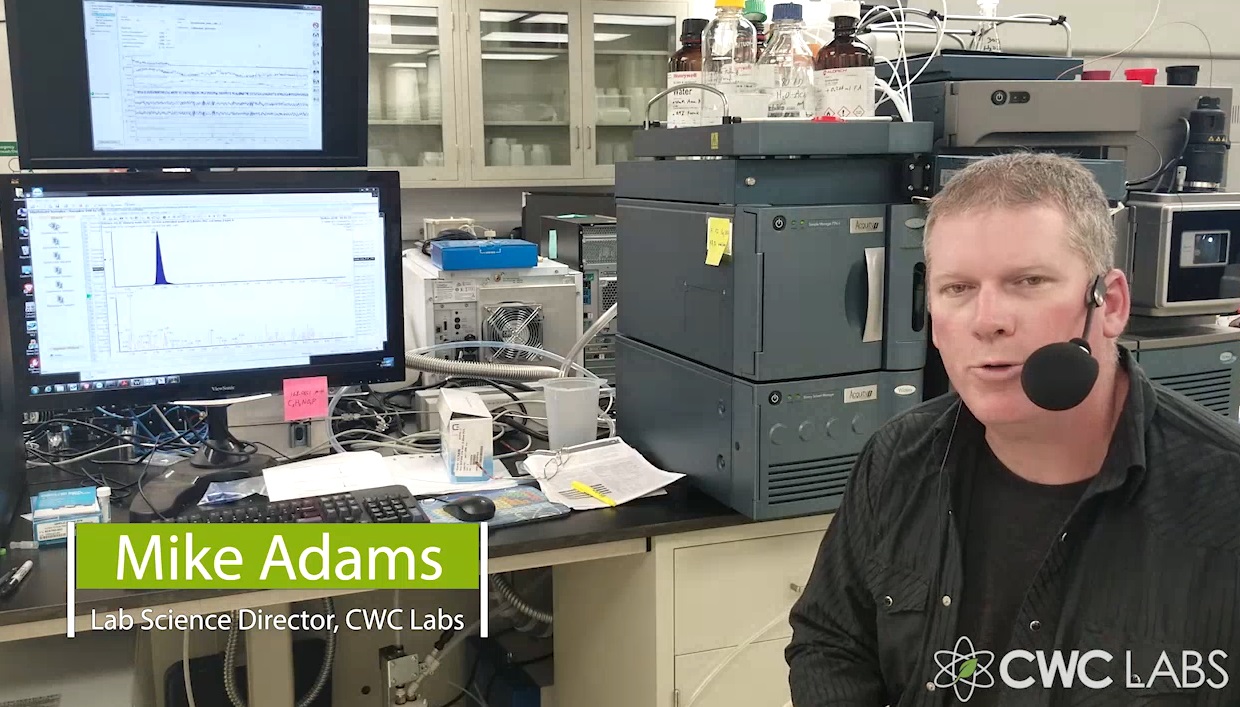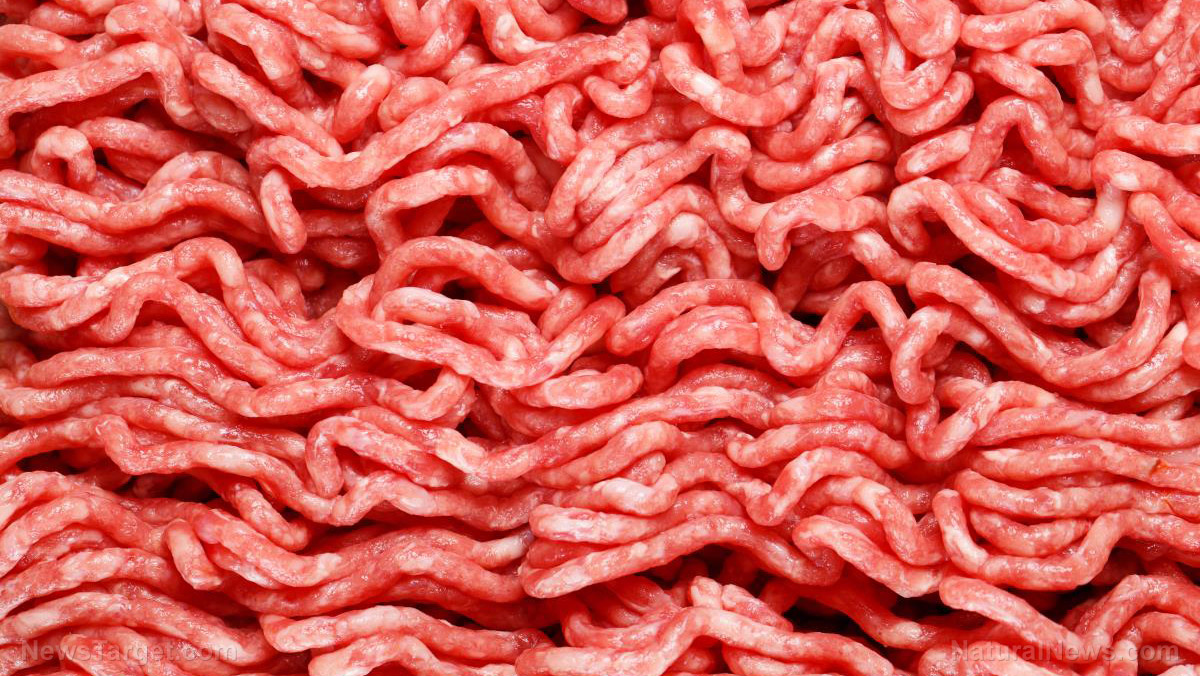Study confirms the powerful antioxidant potential of African lettuce
11/25/2018 / By Michelle Simmons

African lettuce (Launaea taraxacifolia) has been used to treat dyslipidemia and liver diseases, both of which are associated with oxidative stress. A study published in the Journal of Natural Science, Biology and Medicine has suggested that the leaf extract of African lettuce can potentially be used as a therapeutic agent in preventing diseases associated with oxidative stress and DNA damage, such as atherosclerosis and cancer.
Although African lettuce has been widely used as food and medicine, research on its antioxidant potential and its potential in protecting against DNA oxidative damage.
For the study, researchers from the Republic of Ghana assessed the antioxidant potential of the leaf extract of African lettuce in vitro by conducting various tests. The results of the tests revealed that the leaf extract of African lettuce possessed DNA protective properties and antioxidant activity. In addition, the leaf extract of African lettuce exhibited a strong capability in DNA damage protection.
Based on the findings of the study, the researchers concluded that the extract of African lettuce leaves could be used as a therapeutic agent to prevent diseases associated with oxidative stress and DNA damage, such as atherosclerosis and cancer.
More on antioxidants and oxidative stress
Antioxidants are compounds produced in the body and obtained in foods. Antioxidants are important in protecting the cells from damage, which is caused by potentially harmful molecules called free radicals. Free radicals can build up and cause a state known as oxidative stress, which in turn, may damage your DNA and other essential parts of the cells. Oxidative stress, then, can increase the risk of chronic diseases, such as heart disease, Type 2 diabetes, and cancer. High levels of antioxidant in the blood can help fight oxidative stress and lower the risk of chronic health problems. This can be done by eating a diet rich in antioxidants. Listed below are great dietary sources of antioxidants:
- Artichokes: For every 100 g of artichokes, you can get up to 4.7 millimoles (mmol) of antioxidants. Artichokes are particularly rich in the antioxidant called chlorogenic acid, which may lower the risk of certain cancers, Type 2 diabetes, and heart disease. (Related: Artichokes contain a variety of natural antioxidants that reduce the symptoms of diabetes.)
- Beets: Also referred to as beetroot, beets are not only a great source of antioxidants, but also of fiber, potassium, iron, and folate. They contain the antioxidants called betalains, which have been linked to great health benefits.
- Blueberries: Blueberries are one of the best sources of antioxidants because they are low in calories, but rich in antioxidants. Blueberries are especially rich in antioxidants called anthocyanins, which have been shown to reduce the risk of heart disease and hamper the onset of brain decline that occurs with age.
- Dark chocolate: Dark chocolate is both delicious and nutritious. In addition, it is one of the best sources of antioxidants. You can get up to 15 mmol of antioxidants for every 100 g of dark chocolate. You can get more antioxidants from chocolate that has higher cocoa content.
- Kale: This cruciferous vegetable can provide up to 2.7 mmol of antioxidants per 100 g. It is also rich in vitamins A, K, and C, and calcium.
- Pecans: Pecans, a type of nut native to Mexico and South America, are rich in mineral, healthy fats, and antioxidants. For every 100 g of pecans, you can get up to 10.6 mmol of antioxidants.
- Spinach: Spinach is a nutrient-dense vegetable. It is packed with vitamins, minerals, and antioxidants, and is low in calories. It is particularly abundant in lutein and zeaxanthin, which are antioxidants that protect the eyes from free radicals.
- Strawberries: Similar to blueberries and other berries, strawberries are rich in antioxidants called anthocyanins.
Read more news stories and studies on herbal medicines like the African lettuce by going to AlternativeMedicine.news.
Sources include:
Tagged Under: African lettuce, alternative medicine, antioxidants, disease prevention, DNA damage, food as medicine, food cures, grocery, herbal medicine, Herbs, Launaea taraxacifolia, natural cures, natural medicine, nutrients, oxidative stress, phytochemicals

